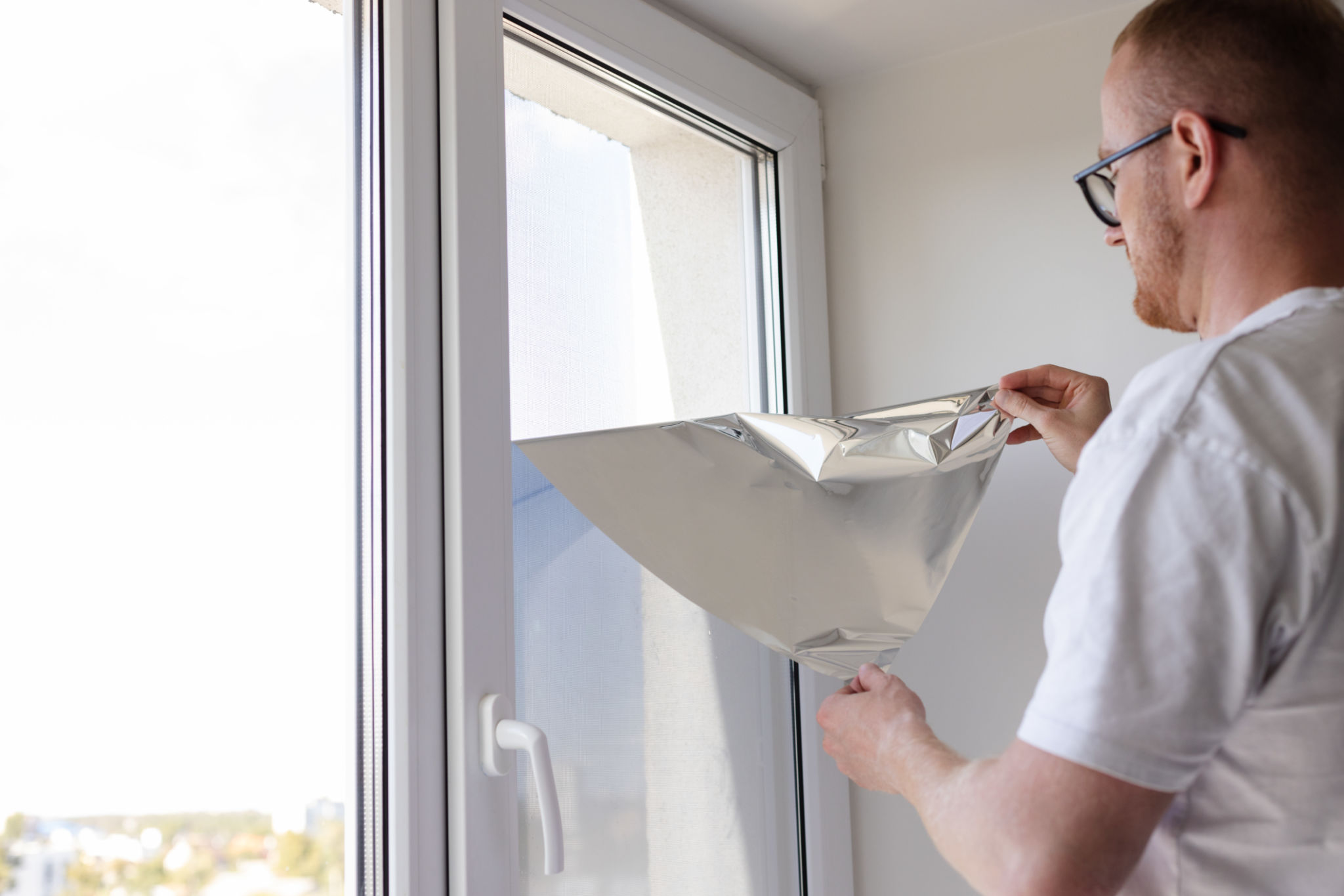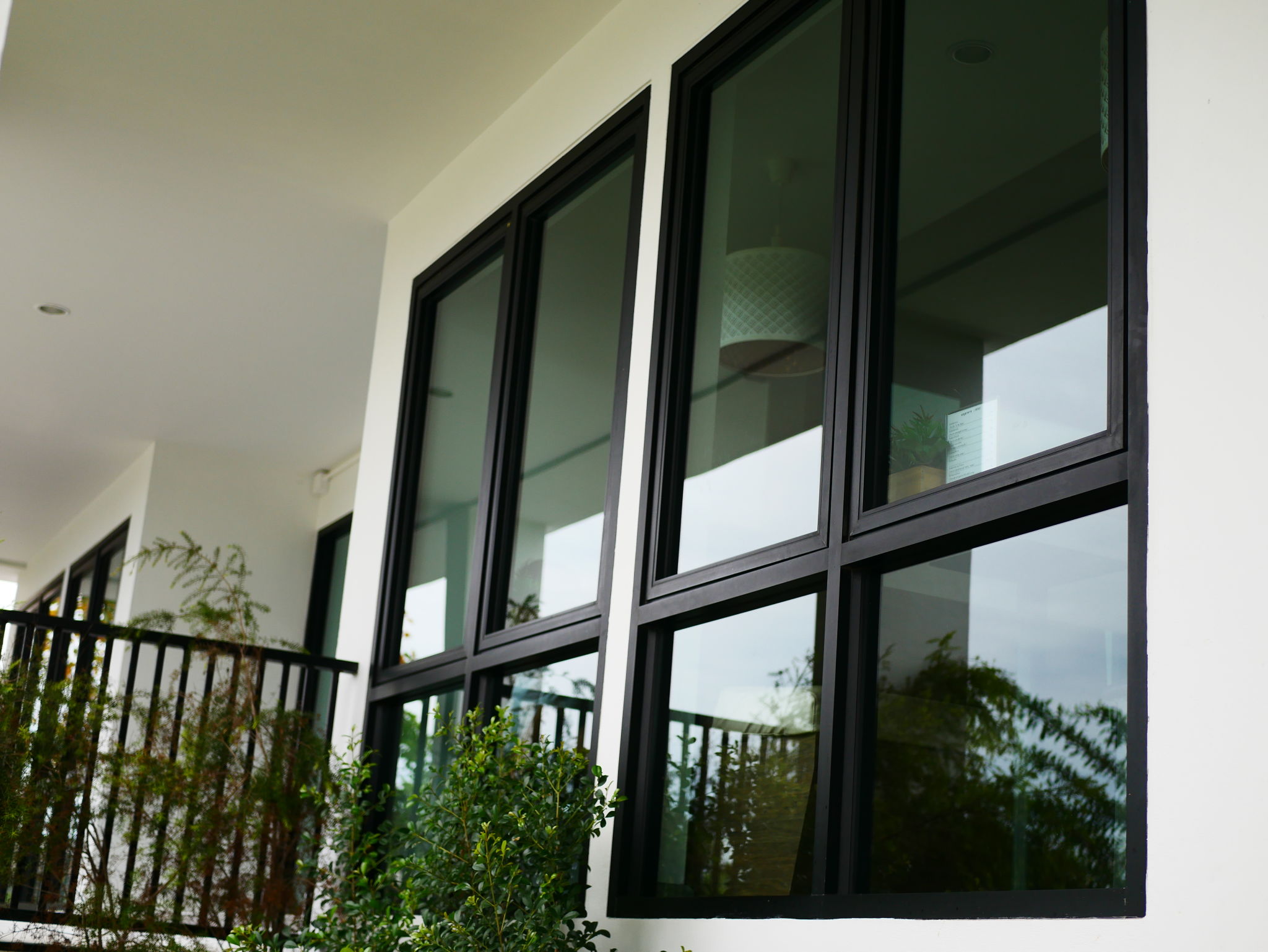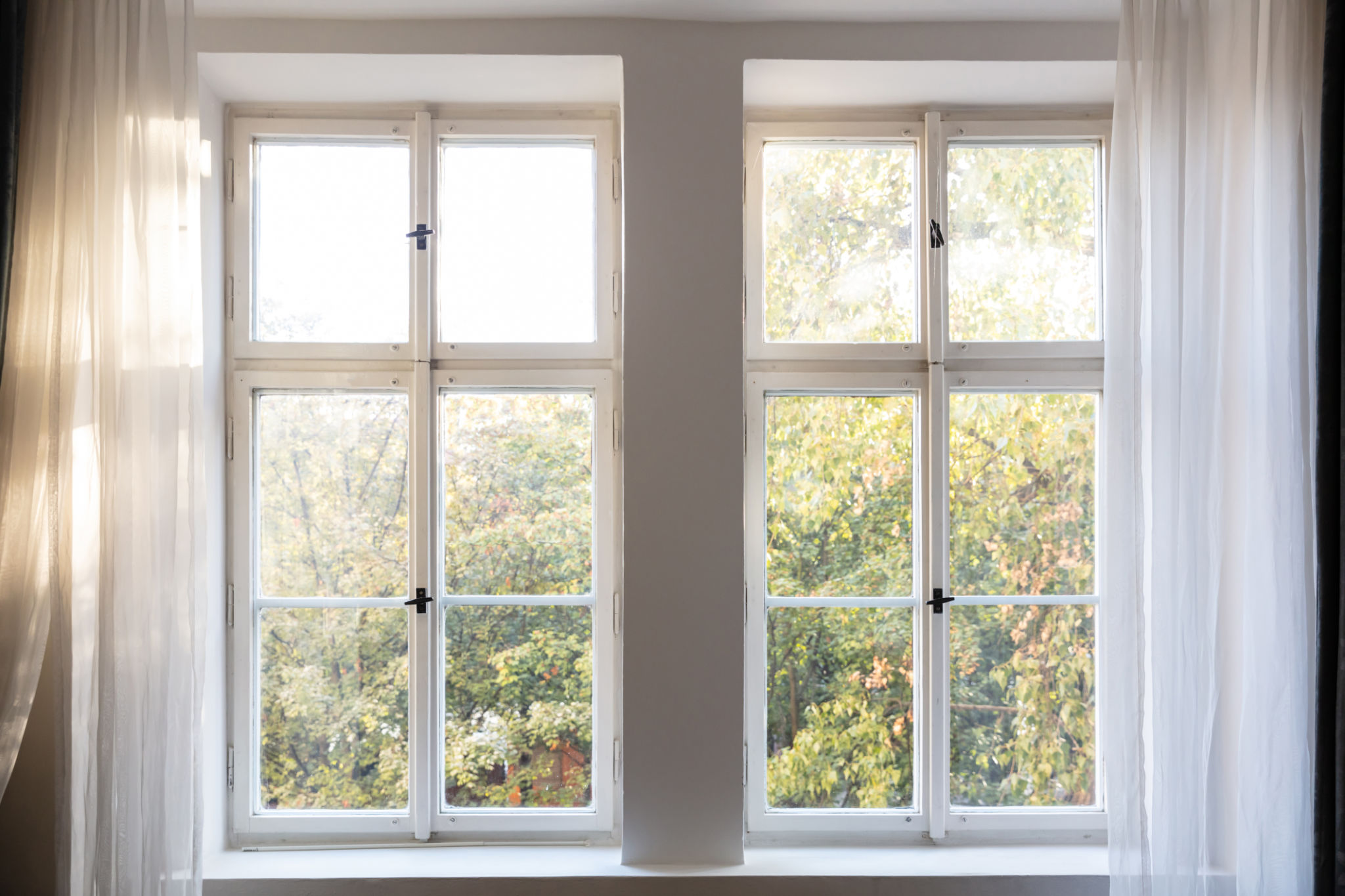Debunking Common Myths About Window Tinting
Understanding Window Tinting
Window tinting is a popular choice for car owners and homeowners alike, offering a range of benefits from privacy to UV protection. Despite its widespread use, several myths surround the practice of window tinting, which can lead to misconceptions and hesitation. This blog post aims to debunk some of the most common myths about window tinting, providing clarity for those considering it.

Myth 1: Window Tinting Is Only for Aesthetic Purposes
One prevalent myth is that window tinting is purely for aesthetic enhancement. While it's true that tinted windows can add a sleek, modern look to vehicles and buildings, their primary purpose extends beyond just appearance. Window tinting offers significant functional benefits such as reducing glare, blocking harmful UV rays, and maintaining a cooler interior temperature.
In fact, many high-quality window films can block up to 99% of UV rays, protecting both the skin and the interior fabrics from sun damage. This can lead to longer-lasting furniture in homes and a more comfortable driving experience.
Myth 2: Window Tinting Is Illegal
Another widespread misconception is that window tinting is illegal everywhere. The truth is that laws regarding window tinting vary by location and are often specific to the type of vehicle or building. It's essential to check the local regulations before applying window tints to ensure compliance with the law. Most jurisdictions allow window tinting within certain limits, balancing safety with privacy and comfort.

Myth 3: Window Tinting Is Only for Cars
While cars are commonly associated with window tinting, this service is not exclusive to vehicles. Many homeowners opt for window tinting to enhance privacy and energy efficiency in their houses. Tinted windows can significantly reduce energy costs by minimizing heat gain during the summer months and retaining warmth in the winter.
Moreover, tinted windows in homes can provide privacy without sacrificing natural light, making them an attractive option for those living in densely populated areas.

Myth 4: Window Tinting Causes Windows to Shatter
Some believe that applying tint to windows makes them more prone to shattering. In reality, high-quality window films can actually enhance the strength of glass. The film acts as a protective layer that holds shattered glass together in the event of an impact, reducing the risk of injury from flying glass shards.
This added safety feature is particularly beneficial in areas prone to storms or other environmental hazards.
Myth 5: Window Tinting Is Too Expensive
Cost concerns often deter people from considering window tinting, but this myth doesn't hold up under scrutiny. While the initial investment may vary depending on the quality of the film and the size of the project, the long-term benefits often outweigh the costs. By reducing energy consumption and protecting interiors from UV damage, window tinting can lead to substantial savings over time.

In conclusion, window tinting offers numerous benefits far beyond aesthetics. By debunking these common myths, we hope to provide a better understanding of why window tinting is a valuable addition to both vehicles and homes. Whether you're looking to enhance privacy, improve energy efficiency, or protect against UV damage, window tinting could be an excellent choice for you.